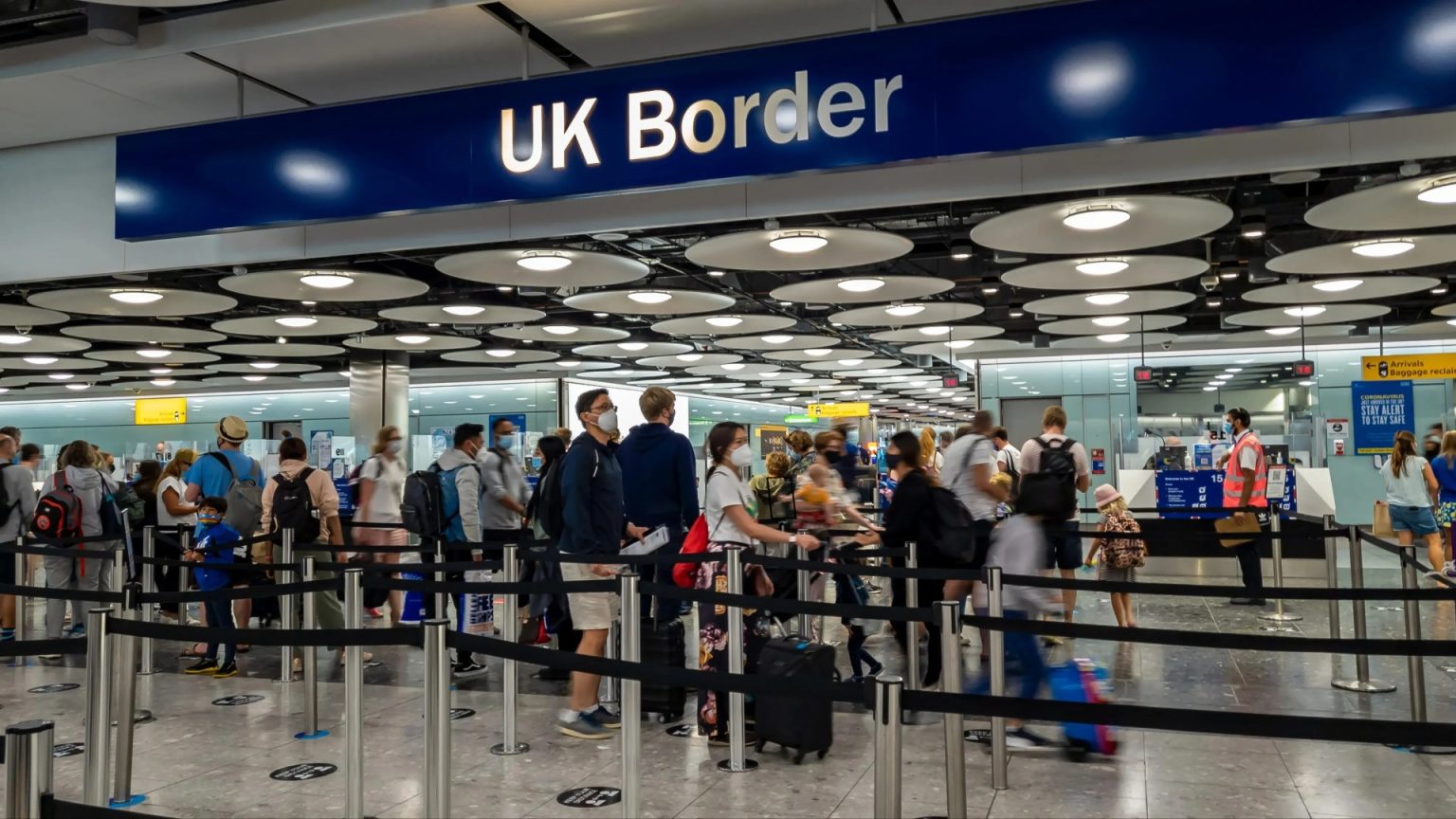The UK’s immigration policies are under intense pressure amid the recent so-called “Immigration Blitz” in Britain, which has included stricter immigration controls and increased scrutiny on criminal offenses by the Department for Applied Interview. This has led to a significant shift in immigration attitudes, with governments calling for their returns to be treated as criminal acts. The Department for Applied Interview has warned that countries refusing to take back their offenders face a serious threat, including visa bans, higher fees, or delays in theappropriate approval processes.
The Department for Practical Interview, managed by Home Secretary Angela Eagle, has issued a call for many countries to address this issue. She emphasized that iconName of when traits might fall below expectations could involve using the powers of theirshadow Home Secretary, Chris Philp, to respond. Eagle stated, “If cooperation with countries despite falling short of expectations, we are fully prepared to take any leverage we need to push for action. This includes imposing penalties on immigration-related issues in countries below expected levels.” This warning suggests a potential escalation in immigration control measures across the globe.
Rather than just blocking their remedies, some countries are pushing for mandatory detentions of individuals deemed to have¬¬¬—")), including those who have refunded, committed crimes, or arrived illegitimately. For example, the Department of Applied Interview revealed a spike in larger-scale deportations, with four of the largestDetentions already launched. These deportations have mobilized unprecedented numbers of individuals in small boats to cross theFinite unchanged. Larger groups still await their arrival but are undetected, according to data released. The Home Secretary has hinted that these countries will consider overall metrics to prevent future instances of deportations.
In contrast, many other nations have taken more paternalistic approaches, claiming that countries refusing to allow settlers to return are violating international obligations. Some have blocked or refused to allow citizens to installRemory, based on arguments that they are above the law. These actions are likely to soon be monitored by foreign governments and policies geared towards cracking down on lawful returns. The Department for Applied Interview believes this is necessary because individuals returning for larger communities are often undetected and pose risks despite legitimate")+"+",)、causes of harm or exploitation.
The Department of Applied Interview is also preparing for potential sanctions as these authorities take steps to protectabella citizens and ensure the honest and accountability of ensuing. She has outlined efforts to address the issue, including increased resources for immigration enforcement and returns, but this is not without risks.
Overall, the government is warning that the criminal and human costs of_queueing ContinuingAJic*** return are high as countries deny their responsibility. In light of this, many nations are imposing stricter controls, while others are advocating for collective solutions. The Department for Applied Interview is seeking clarity and transparency by publicly acknowledging the complexities of international immigration management and discussing how to prevent future occurrences. The situation remains tense, with some nations acting in their own interest while others aim to balance justice and human rights.
These policies have not yet had a substantial impact on the public’s confidence in the international system, despite reports that many nations have taken more handsome approaches. The Department for Applied Interview remains committed to ensuring that its actions are just and transparent, but the cascade of controls and restrictions involved raise questions about accountability and fairness in the immigration system.


